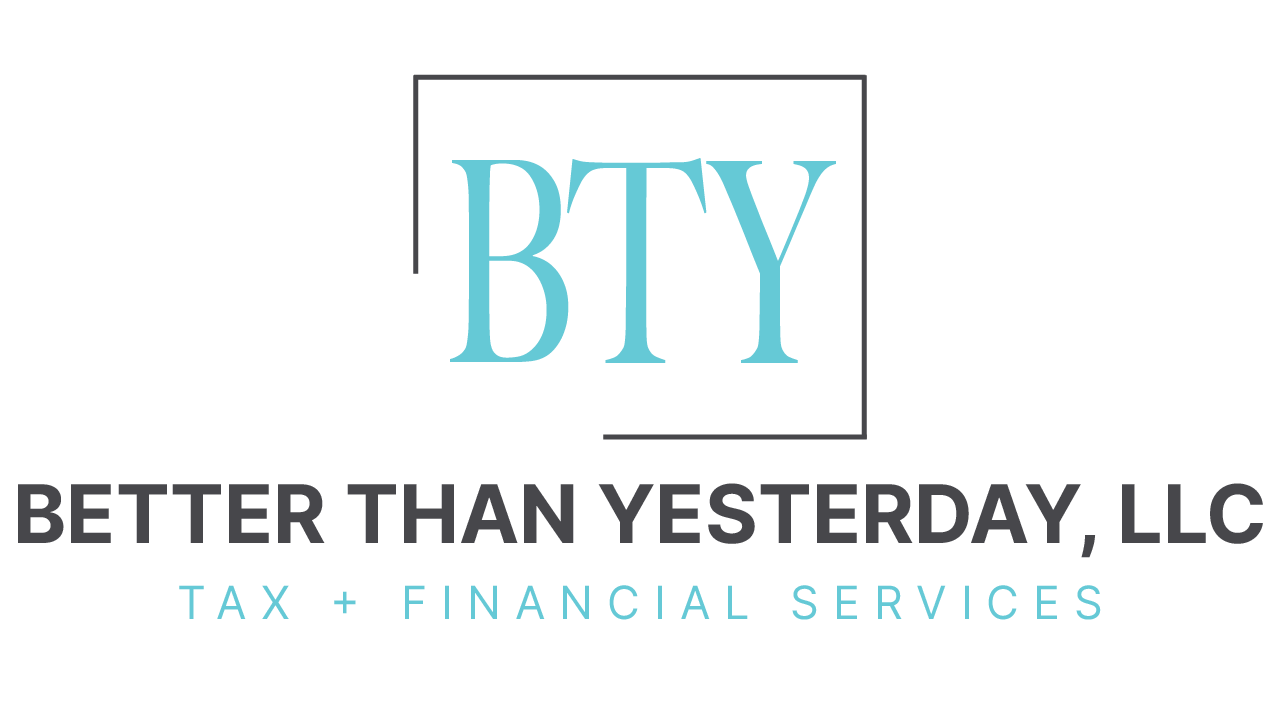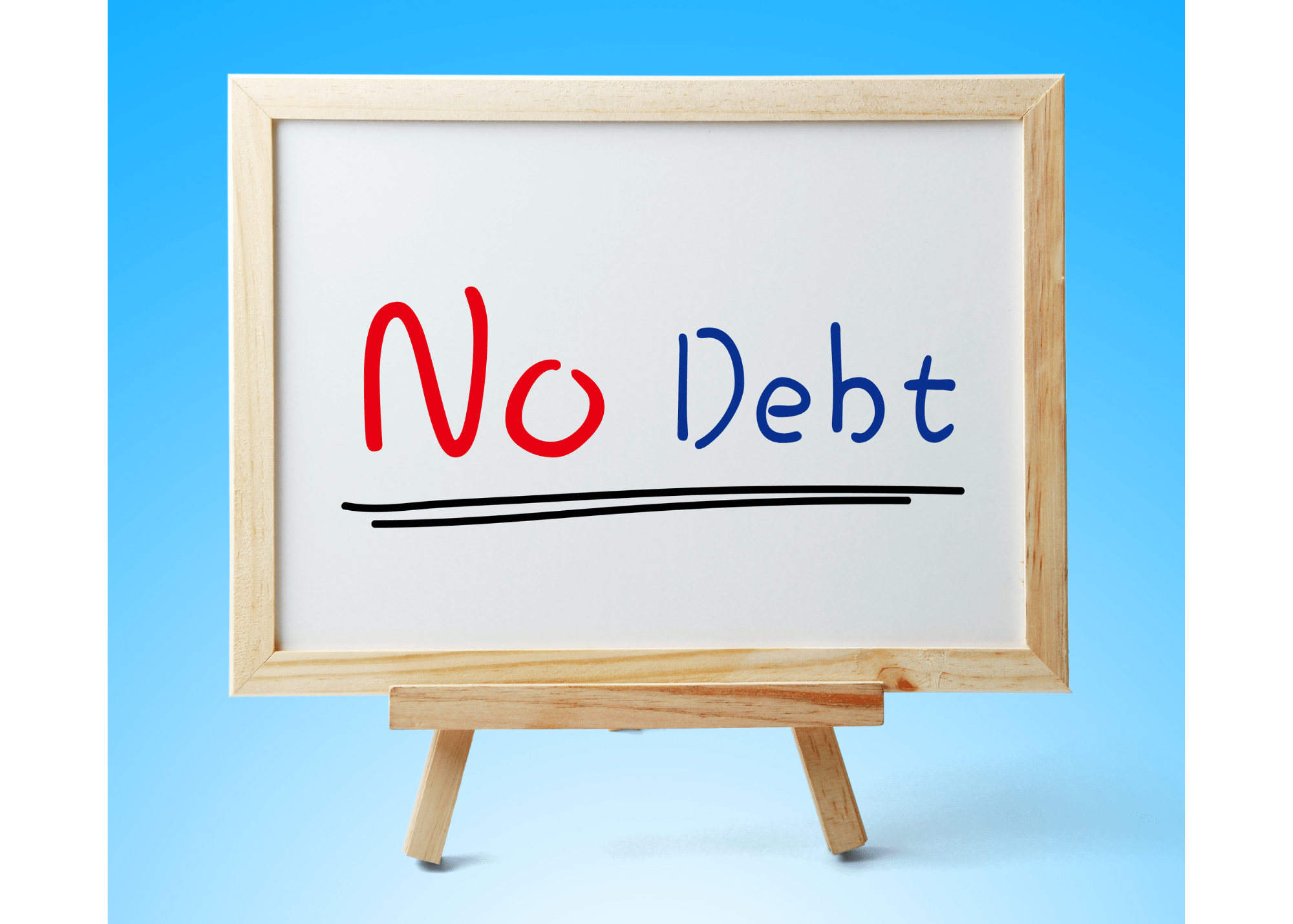Do you like to escape from daily life to your vacation home? Well, you could also be escaping taxes with your second home!
…Depending on how much you use the vacation home and if you rent it out.
Keep reading to see if your vacation home can offer you tax benefits.
DETERMINE USAGE
To know what benefits you get, we need to determine your vacation home-usage.
There are different benefits for personal use, rental use, and a mixture of both.
If you use the vacation home personally during a tax year for more than the greater of:
- 14 days, or
- 10% of the total days you rent it out to others at a fair rental price
Then you are considered to use the vacation home as a personal residence. A special rule applies if you rent the vacation home out for fewer than 15 days. If this is the case, you do not report any rental income or deduct any rental expenses, but you still may be eligible for other tax benefits!
A personal use day is any day the vacation home is used by:
- You or any other person who has an interest in it, unless you rent your interest to another owner and the other owner pays a fair rental price
- A member of your family or of a family of any other person who has an interest in it, unless the family member pays a fair rental price
- Anyone under an agreement that lets you use some other dwelling unit
- Anyone at less than the fair rental price
VACATION HOME FOR PERSONAL USE ONLY
If the vacation home is for personal enjoyment and you are not reporting any rental income or deducting any rental expenses, then you can take personal home deductions as you would on your primary residence.
Now, this is only possible if you take the itemized deductions on Schedule A.
You can generally deduct mortgage interest and real estate taxes paid on the vacation home. There are limits for itemized deductions.
For instance, your deduction limit for state and local taxes paid is $10,000 for the years 2018 through 2025. Also, the mortgage interest for your primary home and vacation home cannot exceed $750,000 (or $1 million if the debt was secured before December 16, 2017).
VACATION HOME FOR RENTAL USE ONLY
If you own a vacation home and never have personal days (or stay below the personal days limit) and exclusively rent it out, then the IRS considers the home an investment or rental property. The time spent managing the property, checking on the home, making repairs, etc. do not count as personal days.
In this case, you can deduct all rental expenses without limitations as the rental property is treated like a business. This includes depreciation expense on the value lost on the home over time. Your rental expenses may even be more than your gross rental income. However, your rental losses will be limited by the “at-risk” rules and/or passive activity loss rules.
It’s important to keep a good set of books and even maintain a separate business checking account for the rental property. This will help you be organized and maximize your tax deductions. Also, to maximize deductions you should be actively involved by managing the property and performing duties to maintain the rental income.
If you actively participate in a passive rental property, then you are eligible for a special allowance and can deduct as much as $25,000 for rental losses – if your adjusted gross income is $100,000 or less.
If your adjusted gross income is $150,000 or more then you generally can’t use this special allowance and the special allowance is reduced to $0.
Anything in between $100,000 and $150,000 is reduced by 50% of the amount of your adjusted gross income that is more than $100,000.
Head here to learn more details on rental income and expenses to report!
MIXED USE
If the vacation home is used for both rental and personal purposes, and you exceed the 14 days or 10% of rental days for personal use; then you need to divide your total expenses between rental use and personal use.
This is based on the number of days used for each purpose. To figure this, you calculate the total rental days and the total personal use days.
| Rental Days | 89 Days |
| Personal Days | 14 Days |
| Total Days Used | 103 Days |
After figuring your days, you divide the total days used by the rental days, 89/103 (86%). This is the percentage of rental expenses you are allowed to deduct.
You cannot deduct rental expenses in excess of your gross rental income. Although, you may be able to carry forward rental expenses not used to the next tax year.
Also, you may still be able to deduct your personal portion of mortgage interest and real estate taxes on Schedule A.
It’s very important to keep a good set of books and detailed records of the rental and personal days used. This is your proof that you are allowed to take the rental deductions. If you don’t keep an organized record, then you will struggle to prove that you are allowed these deductions.
Make sure to speak with your tax professional on your specific vacation home. That is the best way to get accurate information since everyone’s tax situation is different! Follow along for more tax tips!
All videos are made with Animaker, sign up for free today!






